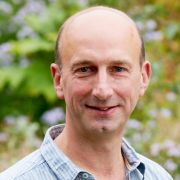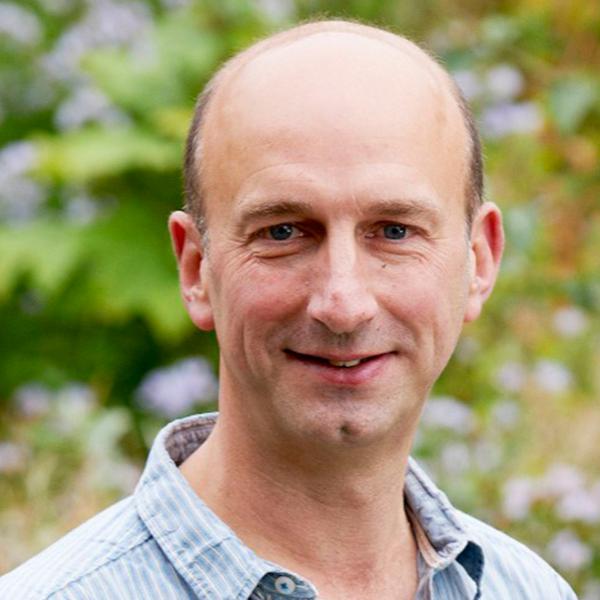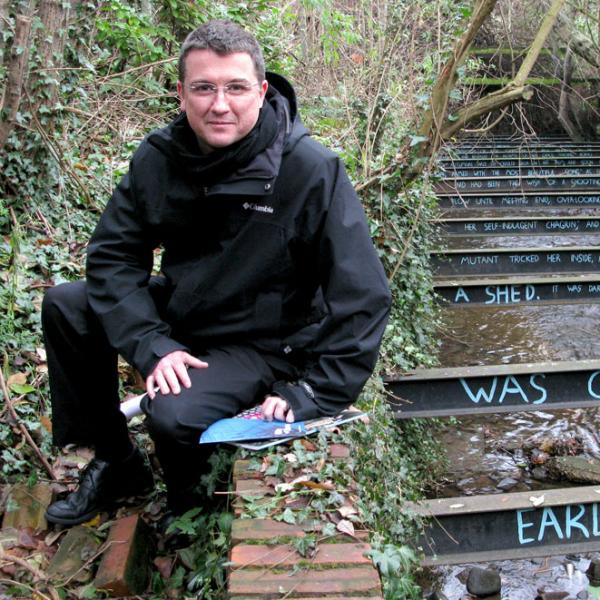Designed Ecology
We redefine the relationship between nature and culture, enhance ecological biodiversity and produce innovative planting schemes and technologies.

What is the role of nature within our cities? Is the only way to experience its benefits by escaping to the countryside?
The designed ecology research cluster aims to redefine the relationship between nature and culture in urban areas. By producing innovative planting schemes and technologies for urban greening, the work in this cluster aims to enhance biodiversity.
Working primarily in public space, the cluster aims to develop new models of urban form, innovative green infrastructure and groundbreaking urban design.
Featured projects
Creating the Urban Meadow
The Urban BESS Meadows Experiment is a unique experiment, set up in the real world, to scientifically measure the benefits of introducing meadows in urban areas. By planting nine different experimental meadows in Bedfordshire, this work found a positive relationship between the aesthetic value of meadows â how attractive they were to people â and their benefits to biodiversity.
Turning Grey to Green
Transforming the heart of 91ÖḟĠċ city centre, the Grey to Green work is the largest continuous greenway and sustainable urban drainage system project in the UK. The project will transform 1.3km of redundant road space into attractive new linear public spaces. This will include developing innovative perennial meadows, interlinked water features, rain gardens, public art and high quality paved footways and street furniture.
Climate Change Impact
Research is being conducted into both how climate change may alter the range of landscape plants used in the UK and peopleâs attitudes to new climate resilient designs. The early results suggest that species may be more resilient than their cultivated counterparts. The public may be willing to accept better-adapted plantings, but the strength of response varies with perceptions about climate change itself.
CONEXUS: Co-producing nature-based solutions and restored ecosystems
The CONEXUS project is a four-year EU funded Research and Innovation Action () project worth âỲ5m, which aims to support cities and communities to create nature-based solutions and restore urban ecosystems, by improving the shared knowledge needed to implement them.
Current/recent projects
- BESS - F3UES Project (Fragments Functions, Flows and Urban Ecosystem Services) âUrban BESSâ (NERC)
- BESS Inter-Disciplinary Scholarship â (NERC).
- Health and Well-being in Gardens (RHS).
- Road Landscape Amelioration using Native Chinese Vegetation.
- ġ§ġóḟŵṀÚṀÚẅḟḟŵḟôṠåâs Initiative (SCC).
- Transforming Melbourneâs Park Landscapes through the Woody Meadow Concept.
- Wardown Minigolf Meadows: Public and pollinator response to annual meadows of varying colour and species diversity (NERC, Luton Parks Service, Pictorial Meadows).
Cluster members
Affiliated people and organisations
Associated research centres
- Centre for Designed Ecology
- The Green Roof Centre
Affiliated PhD students
- Khalid Al Farsi
- Sarah Baharudin
- Lauriane Chalmin-Pui
- Debbie Coldwell
- Hannah Ismail
- Emma Lewis
- Adrien Lhomme-Duchadeuil
- Baiyun Li
- Michael Livingstone
- Veronica Love
- Emad Salih
- Behdad Alizadeh
Collaborators
Some of the organisations who have collaborated in Designed Ecology research are:








